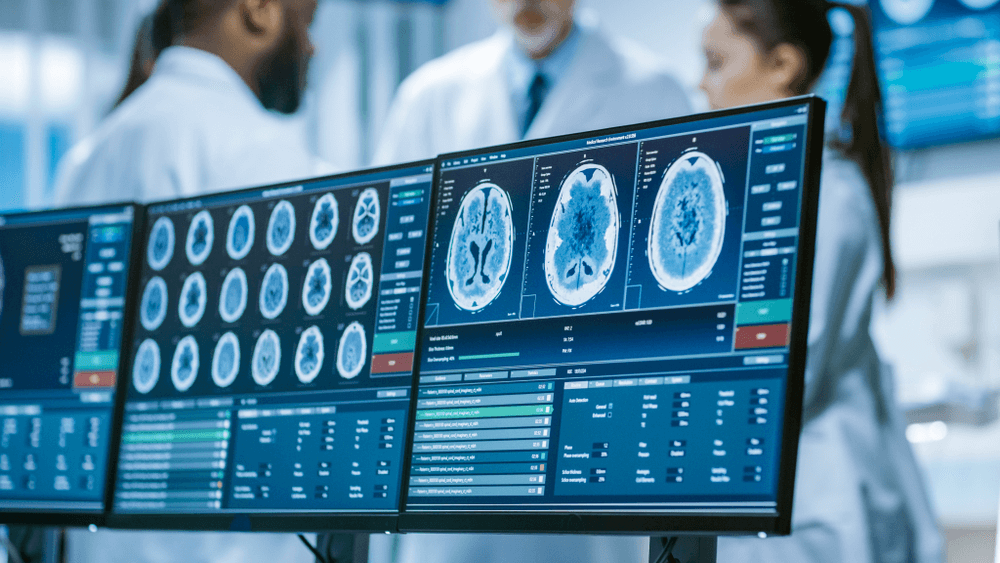
AI-Powered Advancements in Cancer Detection and TreatmentAI-Powered Advancements in Cancer Detection and Treatment Artificial intelligence (AI) is revolutionizing healthcare, and cancer is one area where its impact is particularly significant. AI-powered advancements are enhancing cancer detection, improving treatment planning, and revolutionizing patient care. Early Detection: * Computer-aided diagnosis: AI algorithms analyze medical images, such as mammograms, CT scans, and MRIs, to identify suspicious lesions and patterns invisible to the naked eye. This allows for early detection of tumors when they are more treatable. * Liquid biopsy: AI-powered blood tests detect circulating tumor cells (CTCs) and cell-free nucleic acids (cfNAs) shed by tumors. These biomarkers can indicate the presence of cancer long before symptoms appear. Personalized Treatment Planning: * Tumor profiling: AI algorithms analyze genetic and genomic data from tumor biopsies to identify unique molecular characteristics. This information guides targeted therapies that are tailored to each patient’s individual tumor. * Radiomics: AI algorithms extract quantitative features from medical images, such as texture and shape, to predict tumor aggressiveness and response to treatment. This helps clinicians select the most appropriate treatment plan. Treatment Optimization: * Adaptive radiotherapy: AI-powered algorithms monitor patient response during radiotherapy and adjust the treatment plan accordingly. This reduces the risk of side effects and improves treatment efficacy. * Drug discovery: AI algorithms accelerate the development of new cancer drugs by identifying potential targets and optimizing their chemical structures. Patient Care: * Symptom monitoring: AI-powered apps allow patients to monitor their symptoms and communicate with healthcare professionals remotely. This helps identify potential complications early and facilitates timely intervention. * Personalized support: AI-powered chatbots provide patients with information, emotional support, and reminders for medications or appointments. This improves adherence to treatment plans. Benefits of AI in Cancer Detection and Treatment: * Improved accuracy: AI algorithms can detect tumors more accurately and reliably than human observers. * Personalized treatment: AI enables physicians to tailor treatment plans based on the patient’s unique tumor characteristics. * Early intervention: AI-powered early detection techniques lead to timely intervention and improved patient outcomes. * Reduced costs: AI algorithms optimize treatment selection, reducing the need for unnecessary tests and procedures. As AI continues to evolve, its impact on cancer detection and treatment is expected to expand further. These advancements are empowering healthcare professionals to provide more precise, effective, and personalized care for cancer patients, ultimately improving their chances of survival and quality of life.
Posted inNews